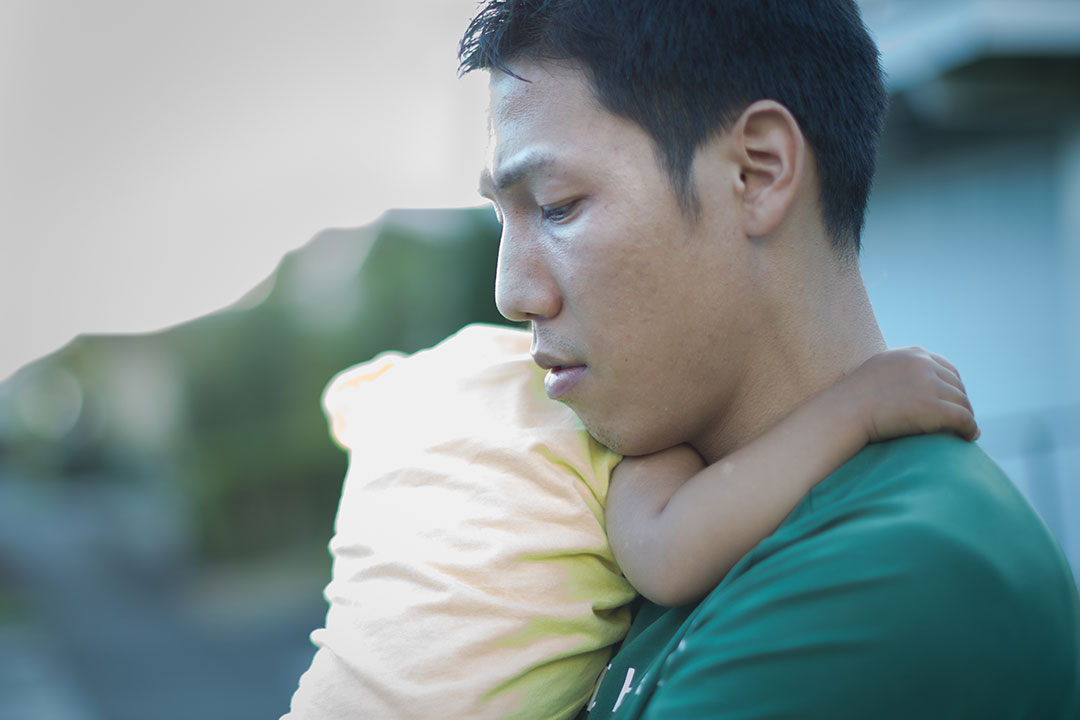Immediate Relief
Many Golden Flag attorneys jumped at the opportunity to provide immediate relief to families by advocating for asylum seekers in their CFIs, the first assessment of the claims of immigrants seeking asylum in the U.S.
During a CFI, asylum seekers, who often have just have arrived in the U.S. after a long, dangerous journey, must present their case to asylum officers by outlining the dangers facing them in their home countries and their government’s failure to protect them from persecution. If individuals have a positive outcome from their CFI, they are allowed into the U.S. and have a year to prepare a formal claim to asylum — but if the outcome is negative, they become immediately removable to the country from which they fled.
The stakes couldn’t be higher — the outcome of a CFI can mean the difference between life and death. Volunteers with Project Corazon collaborate with immigration lawyers on the ground at the detention center in Karnes City, Texas, to gather information and prepare their clients for immigration proceedings. The project’s lawyers then represent their clients by phone for their CFIs, providing legal support for their clients, accountability for the asylum officers and a formal record of the interview.
Golden Flag’s Commitment
by the numbers
 3926 pro bono hours
3926 pro bono hours 175 attorneys
175 attorneys 5000immigrants assisted
5000immigrants assistedPower of Presence
An attorney’s presence during a CFI can sometimes change the trajectory of the interview moment-to-moment. In one CFI, a client was asked by an officer if he or anyone in his immediate family had been assaulted or killed by the gang he claimed was threatening his life. When he asked what “immediate family” meant, he was told that it meant his parents, siblings, wife and children, to which he replied, “No. No one in my immediate family has been killed.” The Golden Flag team, having reviewed notes from his immigration interview in Texas, knew that the client had witnessed his cousin’s execution by the gang and narrowly escaped a similar fate himself — and that he had been directed in the CFI to only answer the questions being asked.
“The lawyer informed the asylum officer that the narrow definition of ‘immediate family’ was preventing the client from providing details about his cousin’s murder, which would amply illustrate the danger he faced in his home country,” said Haberfeld. “Without that immediate connection to a lawyer, he might not have been able to prove his case for asylum, and would have been removed to his home country, where he likely would have been targeted for extreme violence by the gang that brutally killed his cousin.”
